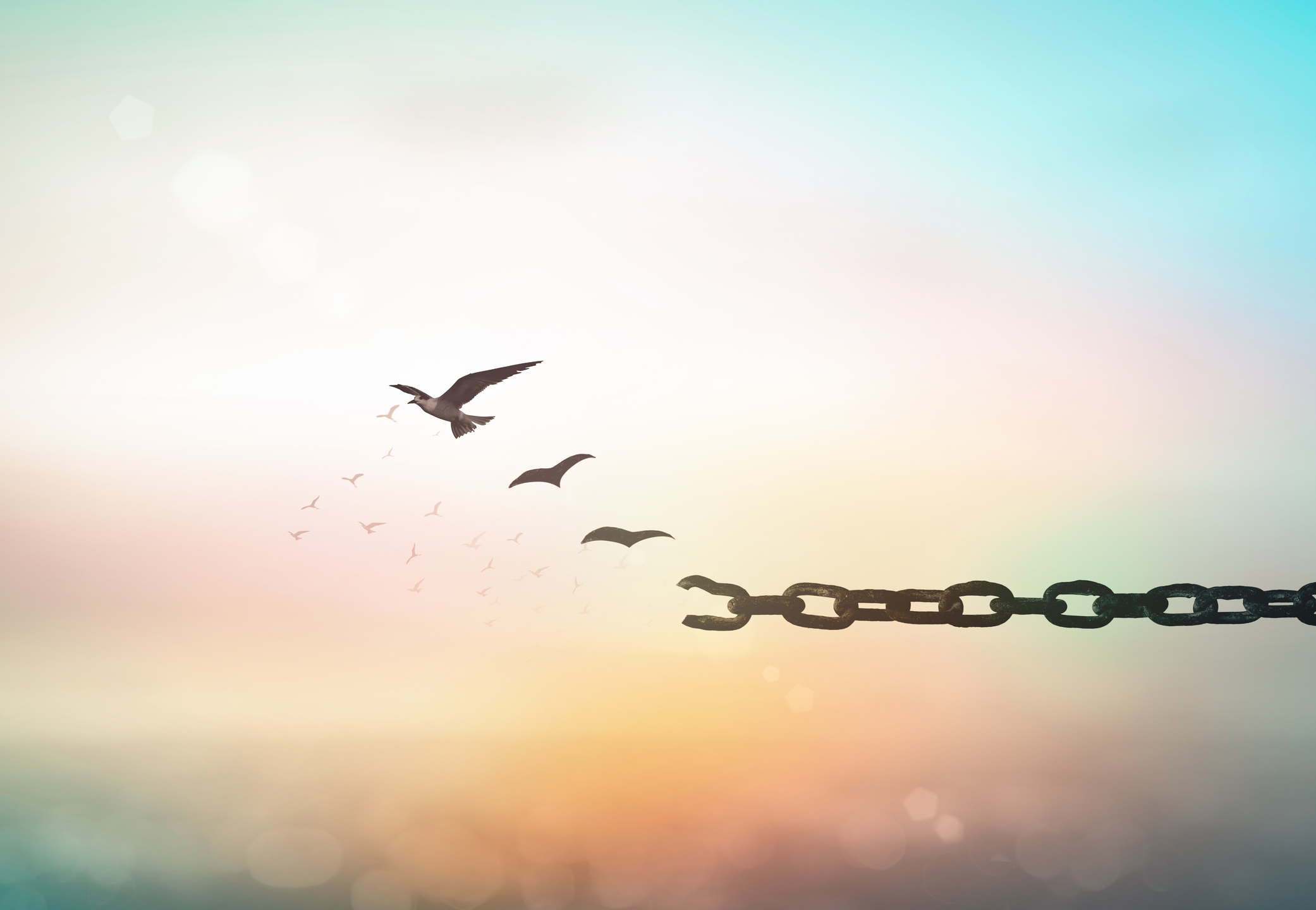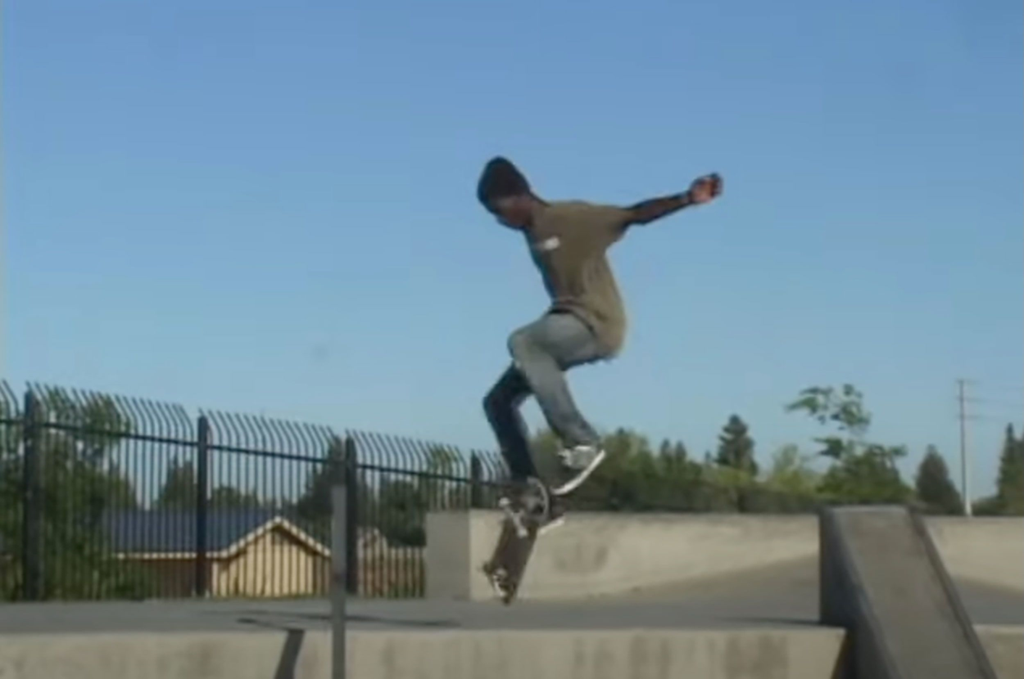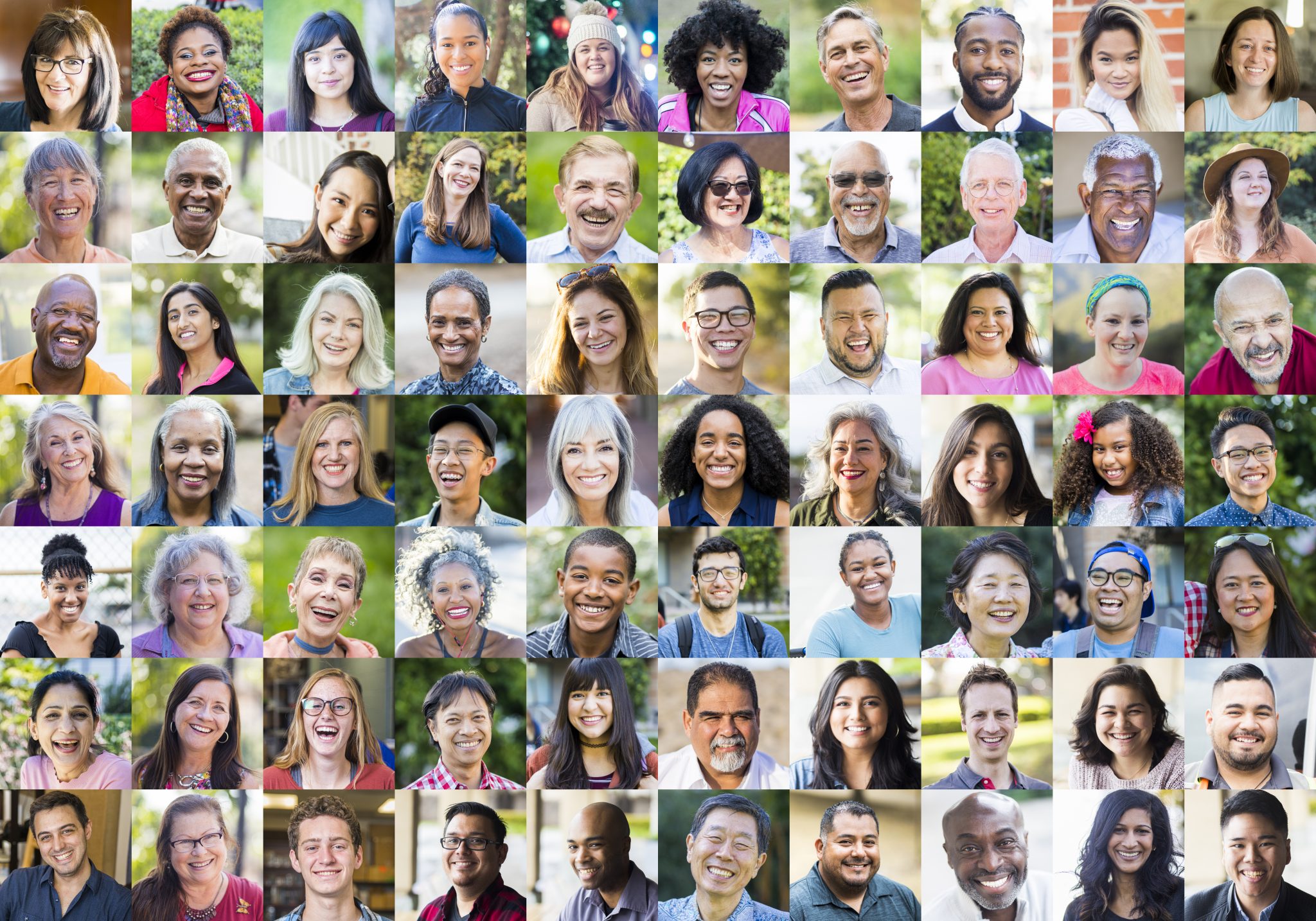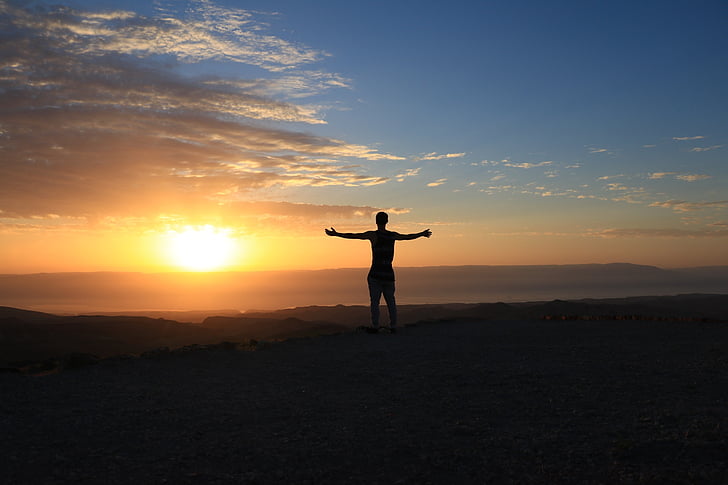Love Must Equal Justice
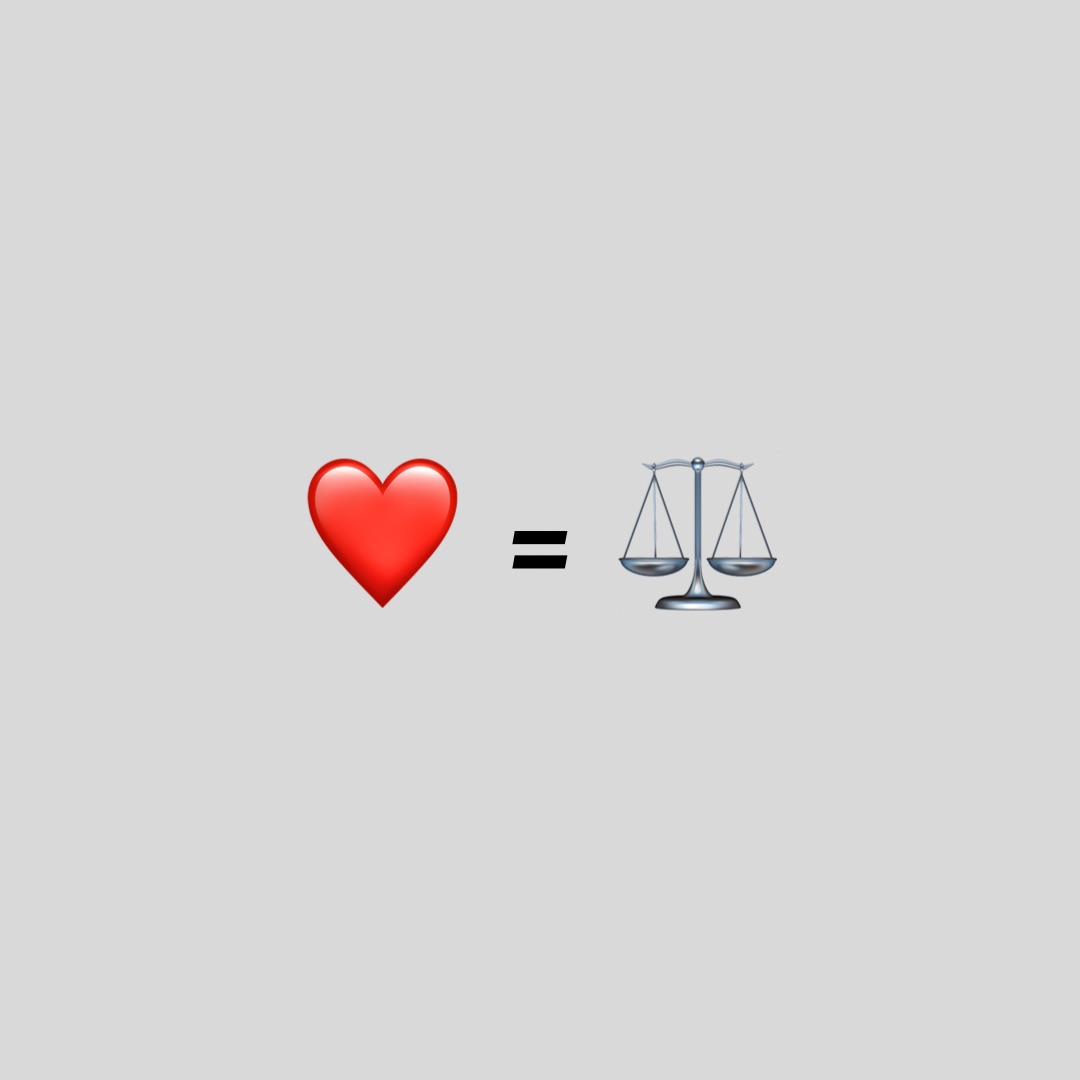
“Weeping may endure for the night, but joy comes in the morning.”
I have loved this verse and sentiment since my mother first taught it to me. It guided me as a child and young adult, and guides me still.
Surprise surprise, since the start of the new year, I’ve been in a reflective mode. I woke up last Saturday, New Year’s Day, feeling kind of meh. Normally I would’ve brushed that off, but I’ve actually sat with it for the past week, and let it kind of wash over me as I sought to figure out why I was feeling this way.
Looking back now, a couple of moments were helping to bring my feelings into focus.
For starters, I was feeling grateful having all of the kids home, and also a bit of melancholy as I realized that my older children, now adults, are moving forward with their lives. I’m super happy about that, but also sober-minded about what that means for them. They are navigating the world, experiencing and coping with people and systems, some of which value them as they should be valued, and some of which don’t. This is true for the younger kids, too.
I’ve also been reflecting on January 6th, which still feels surreal to me. I looked back to what I wrote and shared last year around this time. Much of it was reflective of my general desire to help us elevate, and move to a place of shared purpose and values, despite the real hated and horror we all witnessed. I wondered if that was what this year was asking of me, and I wasn’t entirely sure what to write or say, so I haven’t said much over the past few days or weeks. But y’all know me, my writing and my words come to me when they come to me, and lately, I’ve sensed the build up. Still, I waited for things to come to a head, for clarity to occur, and a purpose to emerge.
And yesterday, things started to become clearer. I didn’t want to write on January 6th, because honestly I was depressed about it, feeling pessimistic about things, about US, and I don’t like writing from depression. I like writing from optimism. The spirit of optimism has been a part of me for as long as I can remember. And l though we have endured dark days, and may face darker days still as we continue to fight for equality in our everyday lives, justice for all, and some kind of aligned pathway through this wretched pandemic, still, my desire is to help us see beyond the darkness, to our collective light. To do that, we have to be honest about who we are, and where we are. That’s equally true for me and for you.
And in my view, while many of us would like to believe we are all equal, in truth, there are some who do not want us to be equal. I’m not just talking about the people who simply live their lives full of hate. (I’m learning daily to accept the things I cannot change, so I’m not focusing on the haters anymore.) I’m talking about those who resist equality because they see life in zero sum terms, where another’s equality diminishes their advantages; quite literally, equal, or 50/50, means they no longer have 80, or 70, or 60 out of 100, and that is unacceptable to them because they consider themselves superior to or more deserving than others. This group’s actions and behaviors are incredibly painful, but in my opinion, not the most destructive (except when they have certain legal and civil powers).
That is because there are many, many more who, while less conscious of it, still harbor a desire to maintain their advantages because they afford them certain privileges, certain access to opportunities in life — even if it is simply the opportunity to be fairly rewarded for working hard and making the most of what one has, and being paid the same as others who perform or contribute in the same way they do (a basic privilege, mind you, they many people actually do not have in this country).
This is a much larger group. They are what I think of as the silent superiority.
Because while they don’t actively see life as a zero sum game, they also set a false standard for deservedness of opportunity, assuming everyone has the same access to the same opportunities, and mistaken in the belief that everything they have achieved is entirely and solely due to their individual effort, giving no consideration to the inherent, structural advantages that the group they are part of enjoy. This is true for many white people of all genders and sexual identities. For many men of various races and ethnicities. For many heterosexual people. For people who have not had to experience life with vastly different physical and cognitive abilities than most people. They do not recognize or accept the unfairness, the inequity, of their situation compared to others’.
So to me, Equity and ultimately Justice are about asking, “Since this is not right — and I know it is not right because I choose to hear and see the impact of being on the other side of this inequality, and while, selfishly, I would not want to be on the other side of this inequality, morally, I do not want another person or group to live unfairly or unequally to me — what would it take to make this right?” And I believe we find the answers thinking through it in a couple of ways.
To me, Inequality is the state we are in when the gaps to equal access to opportunity exist and persist. Equity is achieved when the work to close the gaps to fair, equal access is complete.
Justice is hard, because justice requires individual, collective and systemic introspection and acknowledgement of the wrong that has been committed — that led to the inequality and inequity in the first place — a commitment to reconcile that wrong, to settle up, to pay for the transgressions, to “serve justice.” For the individual, I think we tend to think of this purely in terms of punishment. But more deeply, justice is about restoration, correction, rehabilitation, and recompense. Caring enough about the victim to make them feel loved, heard and as whole as possible. And, yes, caring enough about the offender to see them individually as a human who may yet be redeemed in many cases, even if their correction or punishment has a longevity or finality that eclipses collective memory of their transgression. I believe strongly that addressing systemic injustice is both a collective and an individual process, in both the head and the heart. We must work in all four dimensions to achieve justice.
So what might justice mean in terms of both contemporary and historical injustice, like racism, sexism, homophobia, xenophobia and the like?
Well, ideally, it might mean that the offending party – in this case, the institutions that were built on and perpetuate inequality and inequity AND the individuals who consciously and unconsciously protect them, support them or benefit from them with no regard for their inherent injustice — is shown the wrongness of its way, accepts responsibility and is held to account, and ultimately, helps to undo and reverse its harmful effects as much as possible, almost, if not exactly, to the point where a casual observer might stumble across a situation encompassing both the offended and offending parties previously on very different sides of the equation, and yet in this “new normal” find no evidence of inequality or inequity or injustice, such that no “side” could be detected at all.
Said differently, justice might equal love. Actually, it must equal love. In every possible sense of that word. (Go ahead, test it. I dare you to find a scenario where love is not just, and justice is not loving.)
Sounds like utopia, right? So many people want it, truly. But so few are willing to work for it.
My desire is to help us work for it. First, by helping us share our deeper experiences and listen to how those experiences have shaped who we are and what we believe today. Then, by helping us explore what and why we are in the most revealing ways as we reflect on those experiences and our current perspectives and beliefs, both about ourselves and one another. Next, by helping us find and share the courage to face those parts of us that need to give and receive justice. And finally, by inspiring hope in us that if we commit ourselves to this work, we will (re)discover and be our better selves, individually and collectively. To be as one, United by our love for one another and our collective community and society.
As much as I love my words, I know I don’t get them right much of the time, and I’m sure some of my words in this piece don’t sit well with some of you. But I assure you, perfect words or not, I’m willing to work for it. I hope you are, too. And in advance, I love you for it.
To love-justice,
James



